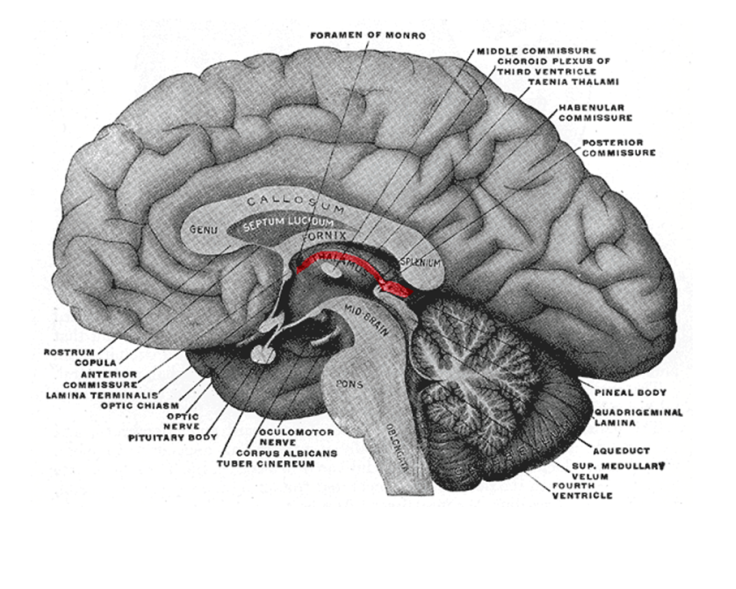Women On Birth Control Pills Have Smaller Hypothalamus, Study Finds

Do women with a smaller hypothlamus have lower sex drive? The answer before was, "We aren't sure," which is still the same answer today from absent scientific studies that prove or disprove it.
The sizes of various parts of the brain and how medications like hormonal birth control pills affect them is coming under increasing scrutiny. A number of studies have shown that compared to naturally cycling women, women on the pill have a larger hippocampus, fusiform gyrus and cerebellum. Other studies have reported changes in the prefrontal cortex and the amygdala as well, while others say the pill reduces the size of the almond-size hypothalamus located at the base of the brain.
It remains unclear if these changes in brain volume are linked to the pill. And if they are, are these changes causing negative and irreversible effects on women? We don't have enough credible evidence to prove it one way or the other.
More than 100 million women worldwide use the pill. Despite this huge number, very few studies have looked at how pills affect brain structure and function. Some doctors say this issue has hardly been investigated at all.
Some studies are now focusing on establishing any effect using the pill might have on the size of the hypothalamus. One has shown, for the first time, that pill use is associated with a smaller hypothalamus.
The hypothalamus is critical to life since it controls body temperature, sex drive, hunger, thirst, fatigue, sleep and circadian rhythms. It also controls important aspects of parenting and attachment behaviors. One of the most important functions of the hypothalamus is to link the nervous system to the endocrine system via the pituitary gland.
A new study not yet peer-reviewed suggests oral contraceptives are somehow interfering with the hypothalamus' typical hormone release and that's why it's shrinking. There is, however, currently no evidence to support that idea and these results are only preliminary.
"There is a lack of research on the effects of oral contraceptives on this small but essential part of the living human brain," Michael Lipton, a neuroscientist who took part in the study, said.
"We validated methods for assessing the volume of the hypothalamus and confirm, for the first time, that current oral contraceptive pill usage is associated with smaller hypothalamic volume."
The sample size of the study was quite small: 50 women, 21 of whom were on the pill. The study's findings, which were presented at the Radiological Society of North America, found a six percent decrease in the size of the hypothalamus among women who took birth control pills.
Lipton claimed, this is a "dramatic difference" for the brain. He added the results definitely warrants more research.
Neuroendocrinologist Nicole Petersen, who wasn't involved in the study but who does similar research, said her ultimate question is, "So what?"
"Assuming this finding is a true finding, what does it mean for a woman whose hypothalamus is made smaller by oral contraceptives?"
Previous findings on brain volume and oral contraceptive use have been inconsistently replicated. Long-term results are still lacking. But until an incontrovertible cause-and-effect is found, it doesn't make sense to freak out and stop taking the pill.
"Women should not be too concerned about these associations, as there currently is not enough information to change hormonal contraceptive use based on this and similar studies," Alexandra Herrera, a University of Southern California gerontologist who is not involved in the study, said.
Published by Medicaldaily.com



























